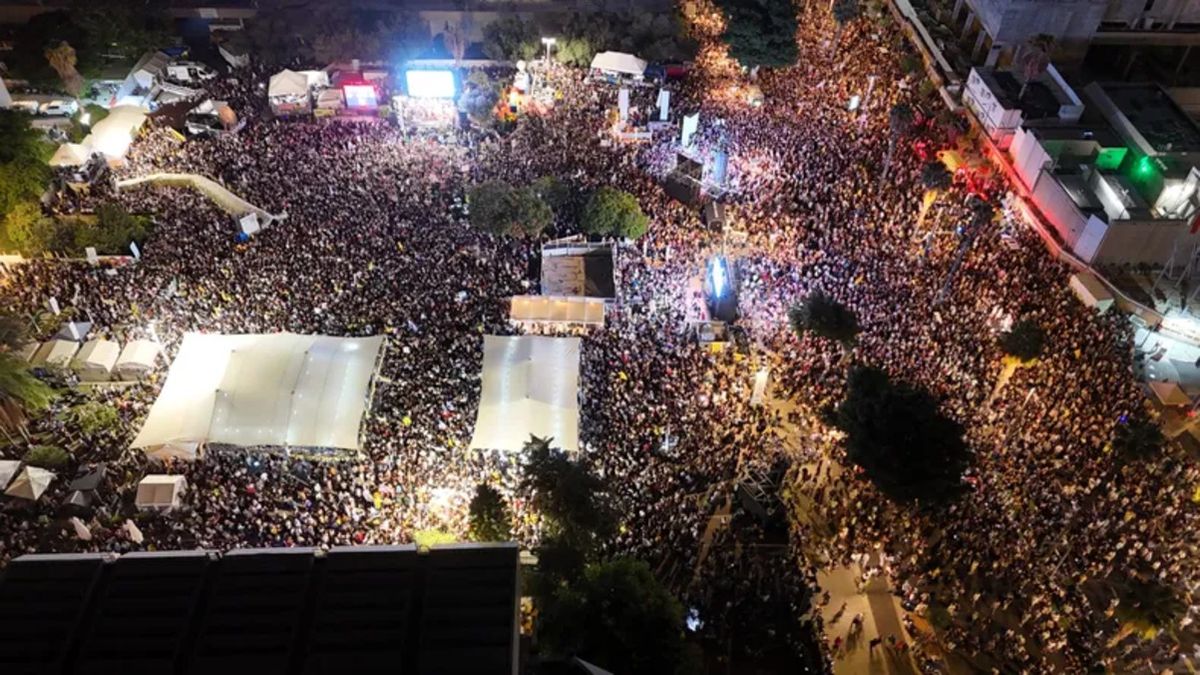I have been working in the news industry for over 6 years, first as a reporter and now as an editor. I have covered politics extensively, and my work has appeared in major newspapers and online news outlets around the world. In addition to my writing, I also contribute regularly to 24 Hours World.
Menu
Situation at a glance: Slovakia threatens to take measures against Ukrainian refugees
Categories
Most Read
Jette Nietzard is stepping down – and the Greens are hoping, at least for now
October 11, 2025
No Comments
Party juniors: Defiance and tears: Green Youth leader Nietzard’s farewell
October 11, 2025
No Comments
Nobel Peace Prize for Machado: Institute suspects betting fraud
October 11, 2025
No Comments
Donald Trump discredits vaccines – he gets himself vaccinated
October 11, 2025
No Comments
Young people in the party: Green youth: New leadership duo wants to turn the party to the left
October 11, 2025
No Comments
Latest Posts

Mass event in Tel Aviv celebrated the ceasefire in Gaza
October 12, 2025
No Comments
October 11, 2025 – 21:09 Among those present were relatives of the victims and international representatives. Tens of thousands of people gathered this Saturday at

Historical: “Las Murciélagas” were two-time world champions
October 11, 2025
No Comments
October 11, 2025 – 20:10 The national team won its second consecutive title after beating Japan 2-0 in the final. The Argentine women’s softball team,

Finance and investments top the list of the 400 richest in the US in 2025
October 11, 2025
No Comments
October 11, 2025 – 19:03 They concentrate 0.0001% of the country’s wealth. Elon Musk tops the list with an estimated net worth of $428 billion.
24 Hours Worlds is a comprehensive source of instant world current affairs, offering up-to-the-minute coverage of breaking news and events from around the globe. With a team of experienced journalists and experts on hand 24/7.

